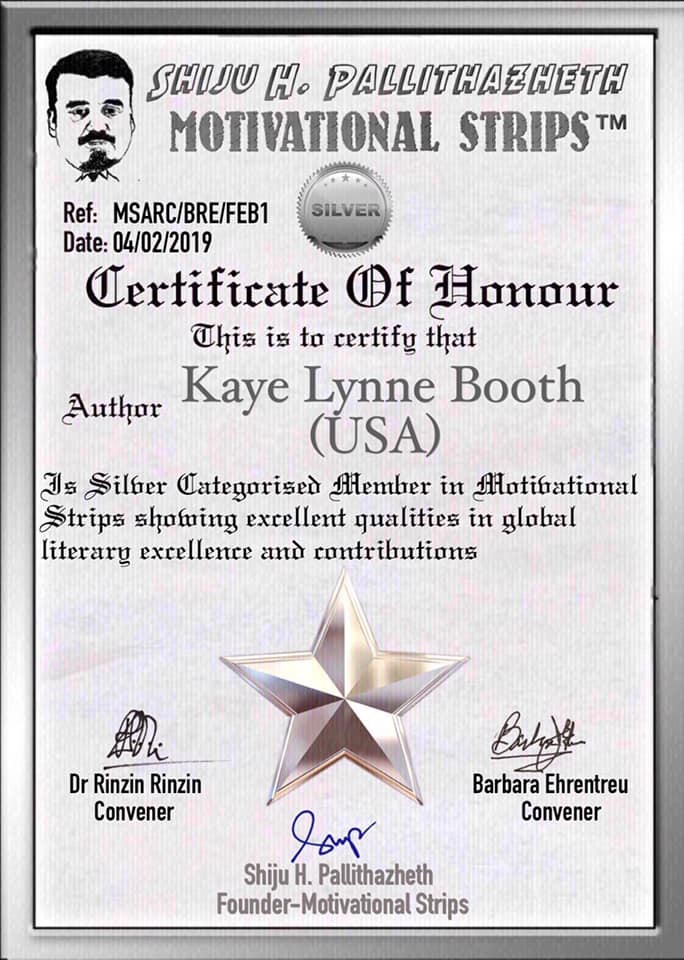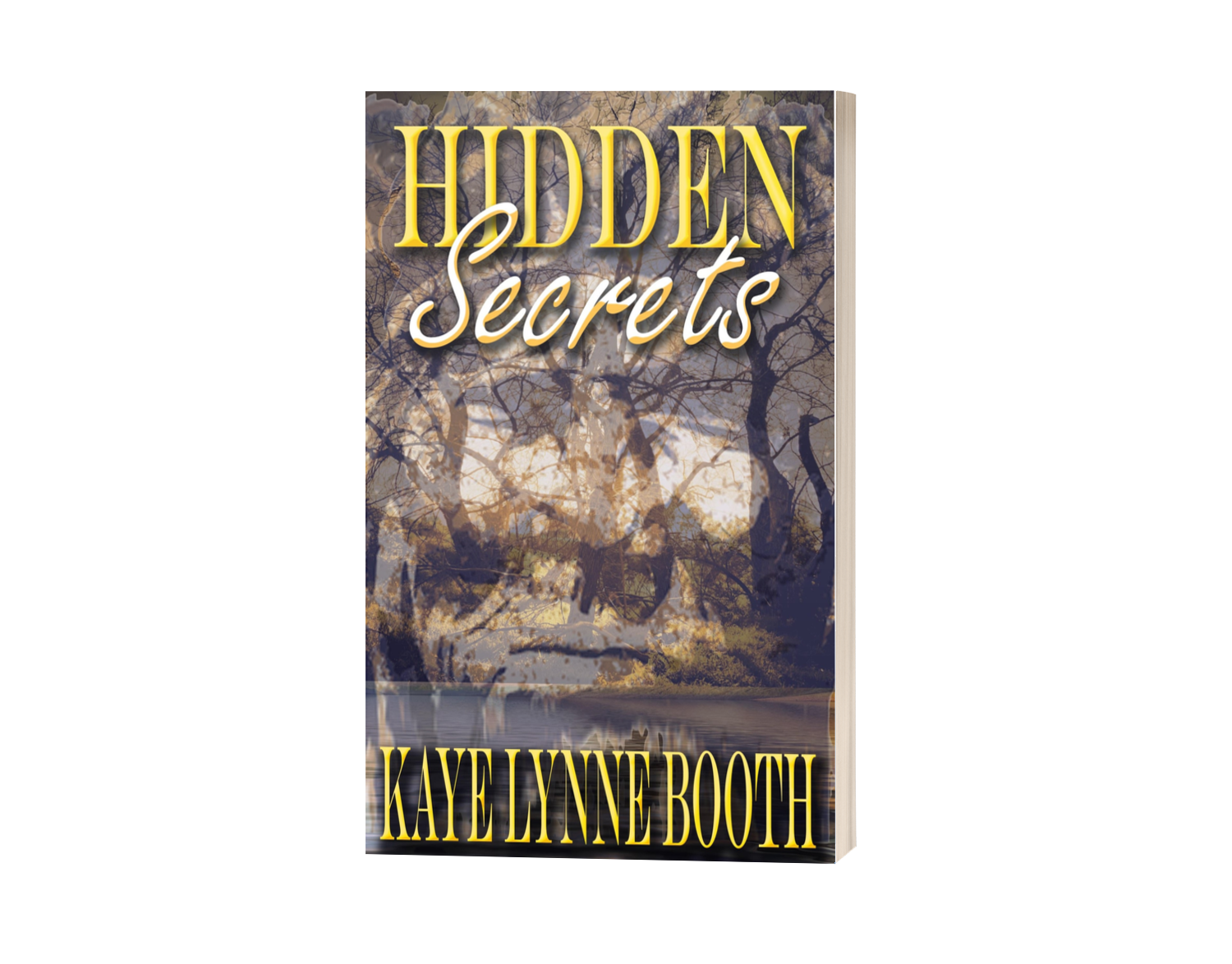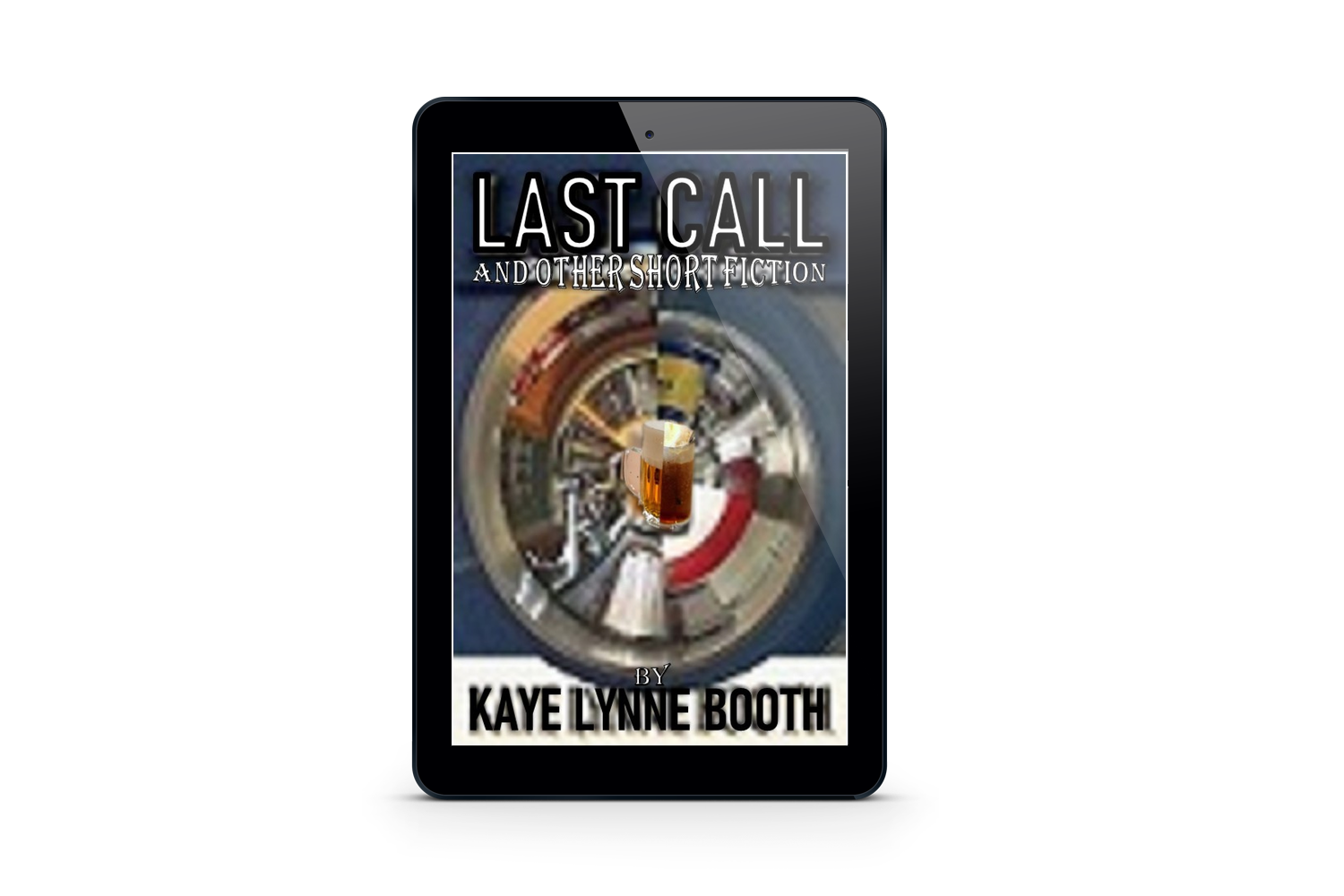Dark Origins – Hansel and Gretel
Posted: February 24, 2021 | Author: robertawrites235681907 | Filed under: Children's Books, Classics, Dark Origins, Fairy Tales, Fiction, Nursery Rhymes, Stories | Tags: Classic Literature, Dark Origins, Fairy Tales, Hansel and Gretel, Writing to be Read |33 Comments
Most people are familiar with the story of Hansel and Gretel, a German fairy tale collected by the Brothers Grimm and published in their Grimm’s Fairy Tales in 1812.
In summary, the story goes as follows:
Hansel and Gretel are a brother and sister whose starving parents decide to abandon them in the forest. Hansel overhears his parents plotting and drops pebbles on the path so that he and Gretel can find their way home later. The family’s plight does not improve and a short while later the mother [or stepmother depending on the version] persuades the father to take the children into the forest again and leave them there. This time, Hansel drops a trail of breadcrumbs but the birds eat them and the two children become lost in the forest.
The starving children come across a gingerbread house and they begin to break off bits and eat it. The house, however, is a trap set by a wicked witch who captures the children, enslaves Gretel and locks Hansel in a cage. She sets about fattening Hansel up so that she can eat him.
Gretel saves Hansel by shoving the witch into the oven which she has heated up in order to cook Hansel. The pair escape and manage to find their way home with the witch’s treasure. In the meantime, their mother [or stepmother] has died and their father is a broken man having abandoned his beloved children. The family live happily ever after.

The real history behind this already rather grim story, is even more grim.
The true story of Hansel and Gretel may have its roots in the great flood and great famine of 1314. 1314 was a year of continuous rain and this continued throughout 1315 and 1316. The wet conditions resulted in crops rotting in the ground, harvests failing and livestock drowning or starving. Food prices increased dramatically as a result of severe food shortages.
The great famine is estimated to have effected 400,000 square miles of Europe, 30 million people and to have resulted in the deaths of up to 25 percent of the population in certain areas.
The famine was so bad that during the winter of 1315/1316, the peasants resorted to eating the seed grain they had stored for planting in the spring. People resorted to begging, stealing and even murder in their quest for food. Parents abandoned their children to fend for themselves and their were rumours of cannibalism. An Irish chronicler wrote that people “were so destroyed by hunger that they extracted bodies of the dead from cemeteries and dug out the flesh from the skulls and ate it, and women ate their children out of hunger.”
In the story of Hansel and Gretel, the pair are taken into the forest by their father and abandoned. They are taken in by an old woman living in a cottage. When the old woman starts to heat the oven, the children realise she is planning to roast and eat them. Gretel tricks the woman into opening the oven and pushes her inside.
It is interesting to note that this time of famine coincided with the end of the medieval warm weather period and the beginning of the little ice age. The changing climate with its cooler and wetter summers and earlier autumn storms damaged the harvests. Given the strange wet and cool summer South African is experiencing, coupled with severe cold in the northern hemisphere, this really is food for thought.
Another grim early tale along the lines of Hansel and Gretel is a Romanian story called The Little Boy and the Wicked Stepmother. You can read this story here: http://www.planetofbirds.com/the-story-of-the-little-boy-and-the-wicked-step-mother
The story of Hansel and Gretel was the inspiration for my recent twisted fairy tale Covid-19 cake which featured a gingerbread house and a witch who is trying to keep children out after they are declared to be vectors for the virus.

About Roberta Eaton Cheadle
Roberta Eaton Cheadle has published nine children’s books under the name of Robbie Cheadle. She has branched into writing for adults and young adults and, in order to clearly separate her children’s books from her adult books, is writing for older readers under the name Roberta Eaton Cheadle.
Her supernatural stories combine fabulous paranormal elements with fascinating historical facts.
Supernatural fantasy YA novel:
Through the Nethergate
Horror Anthologies (edited by Dan Alatorre):
Spellbound
Nightmareland
Dark Visions
Paranormal Anthologies (edited by Kaye Lynne Booth):
Spirits of the West
Whispers of the Past
Murder mystery Anthology (edited by Stephen Bentley)
Death Among Us
Find Roberta Eaton Cheadle
Blog: https://wordpress.com/view/robertawrites235681907.wordpress.com
Twitter: https://twitter.com/RobertaEaton17
Facebook: https://www.facebook.com/robertawrites
Amazon: https://www.amazon.com/Roberta-Eaton-Cheadle/e/B08RSNJQZ5
_____________________________________________________________________________________________
Want to be sure not to miss any of Robbie’s “Dark Origins” segments? Subscribe to Writing to be Read for e-mail notifications whenever new content is posted or follow WtbR on WordPress. If you found it interesting or entertaining, please share.


















When I was younger I didn’t think much about Hansel and Gretel – it was just a story. As an adult, it’s seriously disturbing and should give children nightmares, lol.
LikeLiked by 3 people
Hi Teri, I agree that Hansel and Gretel is a very scary story. The idea of cannibalism even if it is a witch doing the eating. It really is totally horrifying.
LikeLiked by 3 people
I agree, Teri. I think children view fairy tales as fiction, and horrendous things can happen, but they know it’s just a story, so they don’t give it a second thought. I did the same thing when I had children. When reading fairy tales to them, I found I had a different perspective on them, making me wonder what we are thinking reading these things to kids. But they know wolves don’t dress up like Grandma, and hopefully, they know that parents don’t abandon their children in the forest. It’s not until they are older that they are able to ponder the underlying truths.
Thanks for reading and commenting. 🙂
LikeLiked by 3 people
It is only in some circles that children are protected for the reality of some of these fairy tales, Kaye. Here in South Africa, children bear witness to a lot of terrible crimes and situations due to the poverty and ignorance that exists.
LikeLiked by 2 people
Reblogged this on and commented:
My Dark Origins article today features the Grimm’s Fairy Tale, Hansel and Gretel. This tale is already dark and scary but its underlying origins are really quite horrifying.
LikeLiked by 1 person
That was interesting, Robbie–the background. I didn’t know about the 1314 famine.
LikeLiked by 2 people
I didn’t know about this link either, Jacqui, until I looked it up. BBC History is a fabulous place to learn all sorts of interesting bits of history and information. The British are masters at preserving information and historical facts. I find researching British and European history much easier than anywhere else in the world. Thanks for your interest.
LikeLiked by 1 person
A great post Robbie. The origins of many fairy tales are very grim, and it’s interesting to discover them. Some fairy tales which are seemingly benign, have some pretty gruesome beginnings.
LikeLiked by 1 person
Oh they do have grim origins, Kaye. I discovered the origins of London Bridge is falling down the other day. I had no idea. This will be my March post as I though I would alternate between nursery rhymes and fairy tales. I am glad you liked this post, Kaye.
LikeLiked by 1 person
I can’t wait. 😉
LikeLiked by 1 person
Boy oh boy, that 14th century was one hideous century. It was pretty much ALL like 2020, but for about a hundred years. Because as soon as they emerged from starving from bad weather, they moved directly into Black Plague. Mind you, that wasn’t the first round of plague. There had been two previous hits during Roman years — Justinian and I forget the other on, but they killed millions of people.
Climate change has always been with it. We’ve just juiced it up and made it far more international and potentially permanent and lethal. What nature did to us is nothing compared to what we can do to ourselves.
I always thought Grimm’s Fairy Tales were rightly names. They were never my favorites. Actually, fairy tales weren’t favorites. I think I mostly wanted to read about horses and dogs.
LikeLiked by 3 people
Hi Marilyn, thank you for your interesting observations. You are spot on about the 14th century being awful and I do know about the black death in Europe. To horrible for words. I also agree with your views on climate change and mankind’s interventions. I hope things are improving now in the USA. I saw some lovely pictures of Jill Biden and think it is fabulous that she is a working woman. She’s very attractive too. I have always had a fascination with nursery rhymes and fairy tales and have read them all many times.
LikeLiked by 2 people
Things are improving in the US, under Joe Biden’s leadership, but the ugly partisan politics are worse than ever.
LikeLiked by 2 people
For some “grim” reason Hansel and Gretel is my favorite Grimm’s Fairy tale. I loved this!
LikeLiked by 2 people
I am really glad to know you enjoyed this. I have a fascination with the origins of nursery rhymes and fairy tales, most of which are very dark.
LikeLiked by 1 person
Me too!
LikeLiked by 2 people
Interesting back story. Most fairytales have some basis in the reality of their time.
LikeLiked by 2 people
Yes, as do many modern books. It is our way of preserving history. I also find it interesting.
LikeLiked by 1 person
I’ll be releasing a thriller based on fairy tales soon, and one of them touches on a version of Hansel and Gretel. It was a twisted story. A lot of the original tales were. They make for great inspiration for horror stories today.
Great post, Robbie.
LikeLiked by 2 people
Thank you, Staci. That sounds like a book I’ll love. I look forward to reading it when you are finished. I am really fascinated by fairy tales and nursery rhymes and their origins.
LikeLiked by 2 people
I am, too. It’s kind of shocking that they became beloved stories we tell our kids given their dark beginnings.
LikeLiked by 2 people
I believe fairy tales must have been adults’ ways of releasing their fears…
LikeLiked by 2 people
Hi Annette, that is a good point. They were also a good way of remembering historical events and passing them down. I must admit that the origins of this particular story are really very dark and frightening.
LikeLiked by 2 people
it’s frightening to think that such a story could be based on some real0life scenarios. I guess desperate people do desperate things…
LikeLiked by 2 people
When I was 12, Jim, I read a Modest Proposal by Jonathan Swift. That was the first time I came to realise that sometimes peoples circumstances become so desperate, all sense of wrong or right disappears. I have never known starvation, but I imagine it is a terrible way to day and could make you quite mad and capable of terrible things.
LikeLiked by 2 people
I am not familiar with that book, but it sounds like it may contain some useful lessons. I am sure most people would do just about anything for their kids…
LikeLiked by 2 people
I had the same thought about Hansel and Gretel as some others have written. How this story makes it into children’s fairy tale books is beyond me. If the goal is to scare the hell out of kids, mission accomplished, but it doesn’t belong in a book for kids if that’s the goal.
An interesting historical perspective, though, Robbie.
LikeLiked by 2 people
Hi Pete, I suppose one has to consider the time when the Grimm brothers wrote their stories [Jacob Ludwig Karl Grimm (1785–1863) and Wilhelm Carl Grimm (1786–1859)]. This was a time when human life was frail and life expectancy short and human suffering was great. With no medications and a total reliance on good weather for food supplies, people were much closer to death and hard times than we are. This has also showed clearly during this current pandemic. I often reflect on people who think that living in the past would be glamorous and romantic, and wonder if they know that the Victorians were obsessed with death, the average life expectancy in the area where the Bronte sisters grew up was 25 years old and the streets of London were literally littered with the bodies of dead infants. We are very fortunate to have moved on into much better and ‘softer’ times. I agree that for our children, these stories are better remodeled by Disney.
LikeLiked by 2 people
I had no idea of the horrific historical origins of “Hansel and Gretel.” The unexpurgated Grimms’ fairy tales were my favorite when I was a kid, the more gruesome, the better. I can’t for the life of me think why.
LikeLiked by 2 people
Hi Liz, I have had an extraordinary interest and fascination with the true horrors of human existence all my life. This has been demonstrated by my book choices. As a girl I read The diary of Anne Frank; Child of Satan, Child of God; A Modern Proposal (Jonathan Swift); and Charles Dickens. I also read all the Grimms fairy tales and those written by Hans Christian Anderson too. I don’t think it denotes a morbid turn of mind, but rather a great empathy and compassion for mankind.
LikeLiked by 2 people
I appreciate your take on the question, Robbie.
LikeLiked by 2 people
I still have my Grimms Fairy tales book and read it to Lily as I have done to all the grandkids but as someone said children seem to able to distinguish between fact and fiction from a very early age’s… as we get older we see how horrific some of the supposed fairy tales really are …
LikeLiked by 2 people
Hi Carol, I think our modern children are able to differentiate because we teach them to do so. We have to with all the violence they are exposed to from a young age through TV and computer games. The origins are really creepy.
LikeLiked by 2 people